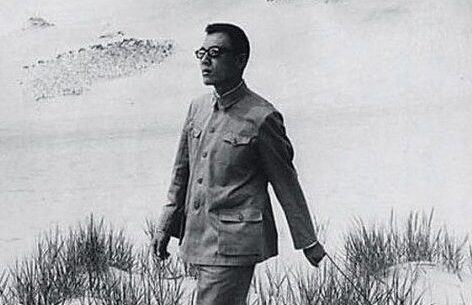In mid-January of this year, MIT professor Chen Gang, a Chinese-born American mechanical engineer and nanotechnologist, was arrested by the FBI and charged with wire fraud for “failing to file a foreign bank account report (FBAR) and making a false statement in a tax return.” In fact, since the Department of Justice (DOJ) launched its China Initiative in 2018 to counter national security and technology threats from China, 1000 Chinese scientists have been investigated, among them, 50 were arrested. An FBI officer declared that they are opening up a new federal case every 10 hours against scientists who have developed deep ties with Chinese universities. Of the 5,000 active counterintelligence cases the FBI has launched, “nearly half of them are related to China.”
Chen was charged with building collaboration with Shenzhen-based Southern University of Science and Technology (SUSTech) for which he received 29 million grant from the university, which led to the FBI’s assumption that Chen committed espionage by assisting China in developing its science and technology programs. Chen’s arrest sent a shock wave to the science community in the US. MIT president Rafael Reif quickly stepped forward to refute the charge by clarifying the nature of the SUSTech engagement in an open letter to the MIT community. “It is not an individual collaboration; it is a departmental one, supported by the Institute.” Meanwhile, approximately 200 MIT faculty drafted and signed an open letter to support Professor Chen in defense of academic freedom and international scientific collaboration. The rallying cry “We are all Chen Gang” sent a powerful protesting message to American law-enforcing authorities.
Professor Chen was fortunate because he has MIT’s backing, which includes provision of legal counsel and financial assistance. But other arrested scientists, Tao Qian at the University of Kansas and Charles M. Lieber at Harvard among them, were ditched by their home institutions and are fighting their legal battles alone. In the wake of Chen’s arrest, science communities in the US are mobilized to fight back. The main target is DOJ’s China Initiative and racial profiling. Editorials of science journals, webinars, and opinion pieces sent the new Biden administration the message: the defense of those wrongfully arrested professors is the defense of the scientific enterprise.
To show support for the initiative of anti-racial profiling of Chinese scientists, please read this petition. Meanwhile, the University of Michigan Association of Chinese Professors are calling for the establishment of a federation of ACPs (Association of Chinese Professors), a horizontal connection between ACPs of various universities, to promote academic freedom and protect the vital interests of Chinese professors. The first cross-campus joint meeting was held on January 30. Forty-five representatives from twenty-seven universities attended.
We are witnessing the return of McCarthyism for sure. We have to fight against the governmental interference with academic research and stop the societal prejudice against scientists of Chinese birth.
